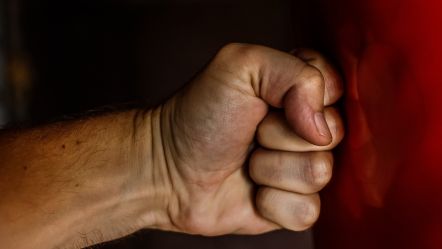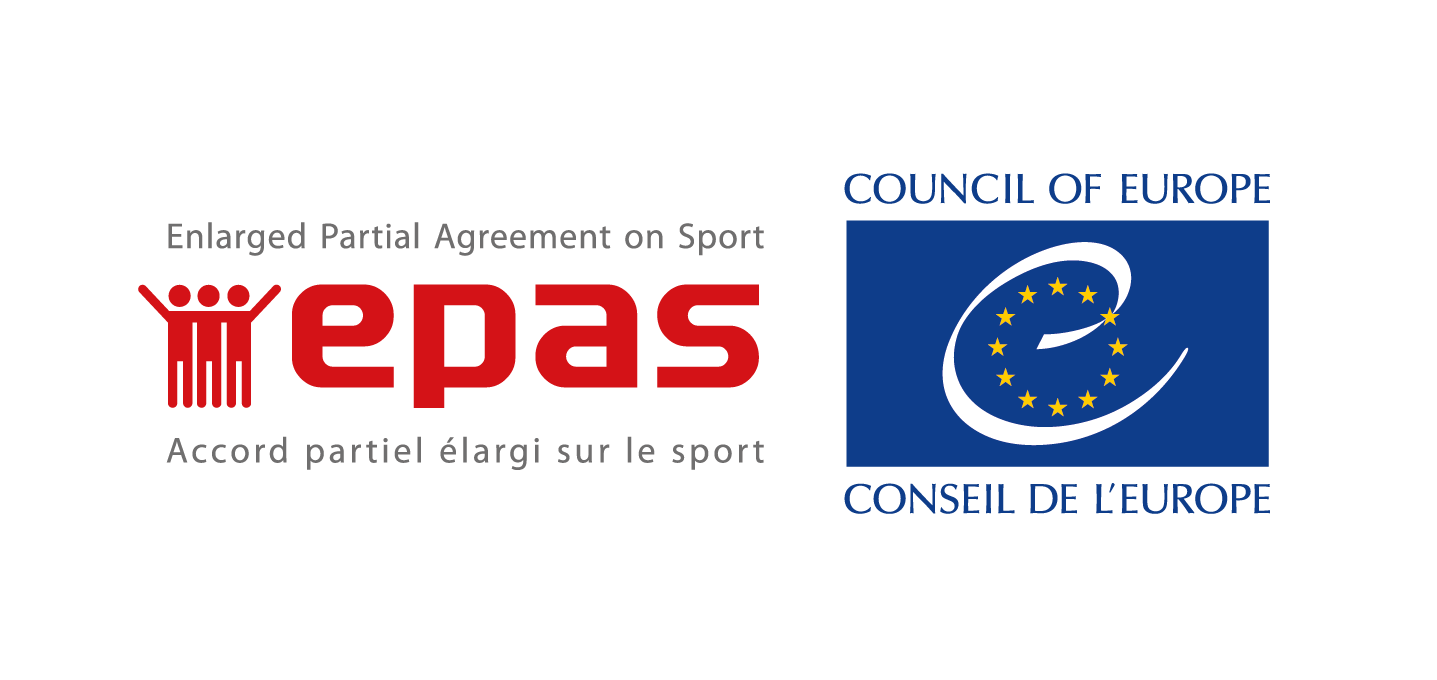The Committee of Ministers has adopted a Recommendation to its member States on extreme martial arts and combat activities. The new recommendation focuses on those aspects which can significantly help to prevent risks to the health of the practitioners, so that these activities are in keeping with the requirements of existing norms with regard to the values of sport, the prevention of doping and the manipulation of sports competitions, fair competition and the training of coaches and referees.
The main stakeholders who are asked to take action include governments’, (recognised) sports organisations, ad hoc bodies for the regulation of Extreme Martial Arts and Combat Activities, such as national platforms, authorities, working groups, as well as commercial organisations organising extreme martial arts and combat activities.
The recommendation sets the aims, calls for multi-stakeholder co-operation and invites EPAS to follow up and facilitate co-operation.
It is completed by Guidelines which outline the key areas covered by the recommendation and specify the role expected from the various stakeholders. It replaces Committee of Ministers’ Recommendation R(99)11 which was on the prohibition of free fighting contests such as cage fighting.
Recommendation (CM/Rec(2021)3) and its Appendix (Guidelines)
Explanatory Memorandum (CM(2021)30-addfinal)








